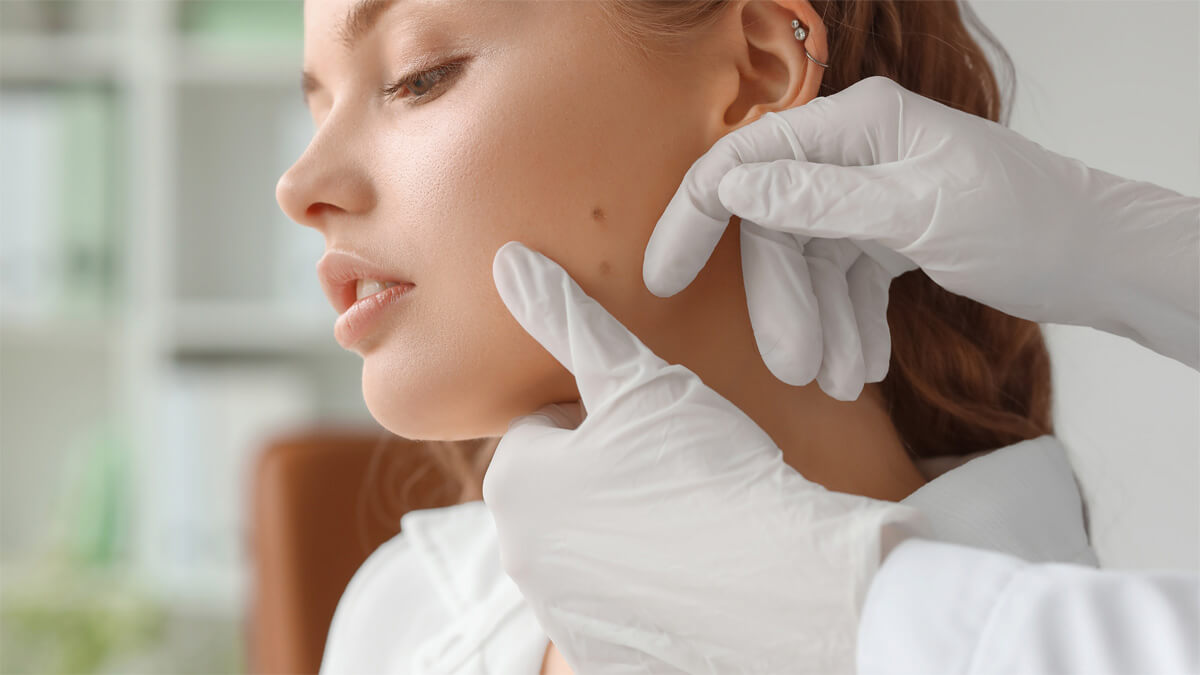Allergies

-
Description
Allergic reactions can appear as bumpy, red, itchy skin, and painful. The common causes of allergic reactions can be related to exposure to certain foods, medications, or plants. If you are not sure what is causing your allergic reactions please visit your dermatologist to diagnose and treat your condition.
-
Cause
Allergies are caused by the immune system's hypersensitive response to substances that are generally harmless to most people. These substances, known as allergens, can include pollen, dust mites, mold spores, pet dander, food, insect stings, and certain medications. When a susceptible person is exposed to an allergen, their immune system mistakenly identifies it as a threat and releases chemicals like histamines, leading to allergy symptoms. Genetic factors can also play a role, as allergies often run in families. Environmental factors, such as exposure to certain infections during early childhood, pollution, and changes in dietary patterns, may also influence the development of allergies.
-
Treatment
Topical Creams and Ointments: Over-the-counter and prescription creams, such as hydrocortisone, can reduce inflammation and itchiness. For more severe reactions, a doctor might prescribe stronger topical corticosteroids
Antihistamines: These medications help alleviate itching, swelling, and other allergy symptoms. They can be taken orally or applied topically.
Phototherapy: Exposure to certain types of light, under medical supervision, can be beneficial in treating some skin allergies.
It's important for individuals with skin allergies to work closely with their healthcare provider to identify the specific allergens causing their reactions and determine the most appropriate treatment plan. Lifestyle changes and avoidance of known allergens are key components in managing skin allergies effectively.



